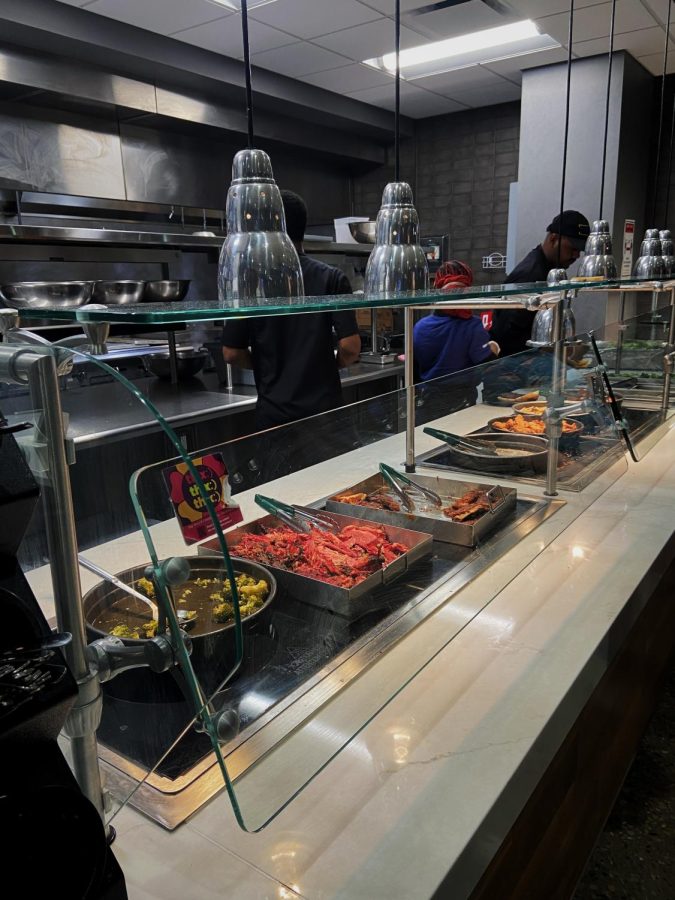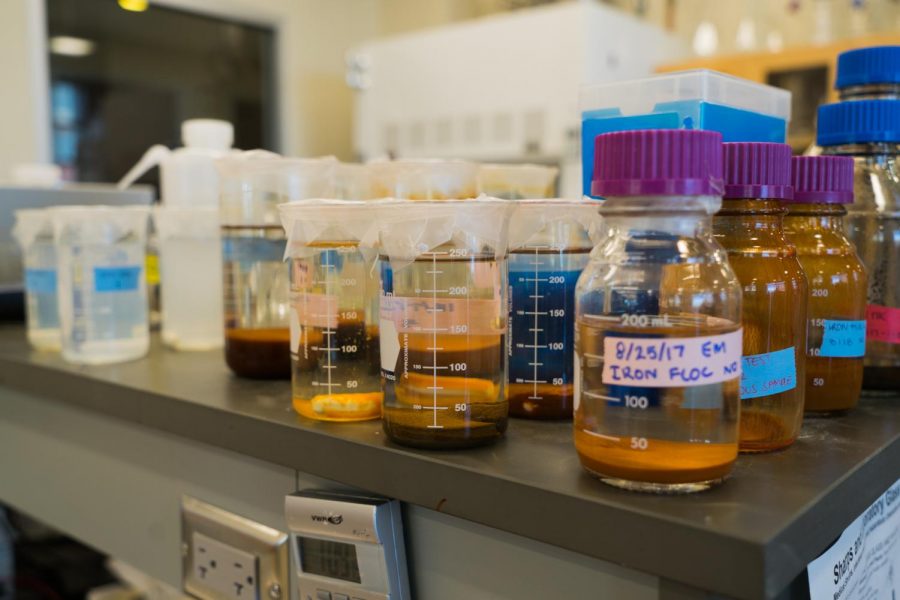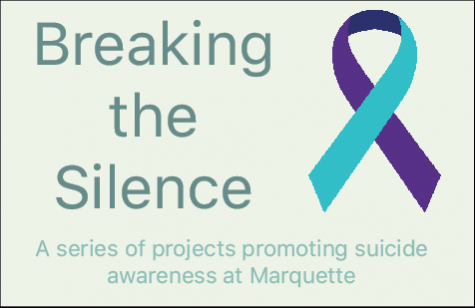The Milwaukee Public Market has begun a series of health-related seminars that will run through the middle of June. The “Science Cafes” are free to the public and feature presentations on immunizations, mental health and general wellness.
The series opened on March 27 with guest speaker Ty Carroll, an associate professor of endocrinology at the Medical College of Wisconsin and an endocrinologist at Froedtert Health Community Memorial Hospital in Menomonee Falls, who spoke about the danger of diabetes.
The next seminar will take place on April 23 when Ken Schellhase, a Medical College associate professor of family and community medicine and the associate director of the Center for Healthy Communities and Research, will discuss the importance in attaining certain health screenings and what those test results may prove.
Lisa Edwards, an associate professor in Marquette’s College of Education, will wrap up the series on June 19 with a platform of “positive psychology,” which involves recognizing the benefits of virtues such as forgiveness and hope and how such elements may assist in disease management.
The Science Cafes are partly funded by the Clinical and Translational Science Institute of Southeast Wisconsin and by the Advancing a Healthier Wisconsin Research and Education Initiative Fund, which is part of the Advancing a Healthier Wisconsin endowment at the Medical College of Wisconsin. The CTSI includes local institutions such as Marquette and the Milwaukee School of Engineering.
Paula Papanek, a Marquette associate professor and director of exercise science, works with the CTSI and said the Science Cafes are a major development in the institute’s outreach.
Papanek said the seminars’ topics are selected by a committee of community representatives.
Marquette professor of nutrition Barbara Troy said the Science Cafes can offer significant public benefits.
“We know that Milwaukee struggles with poverty, and with poverty comes health hazards,” Troy said. “To turn this around, awareness of healthier lifestyle patterns come first.”
While the cafe series has predominantly attracted a middle-aged crowd, Troy said the seminars can appeal to young people as well.
But Haley Jackson, a junior in the College of Communication, said she can see why the series could lack a student presence.
“I probably wouldn’t go,” Jackson said. “It’s not super-convenient to get there, and if I had a health question I’d just go to (the Marquette Student) Health Service.”
Jackson added that should the health topics have direct correlation to her situation or those of fellow students, attendance might increase.
Troy said she would love to attend the series but added that the motivational and beneficial aspects of the cafes may dwindle should the seminars fail to provide simple ideas that are easy to follow and implement at home.
Papanek said any information the series offers can help participants who are willing to listen.
“Education is always better than misinformation,” Papanek said. “If the seminars do nothing more than make (people) better informed about their own physical or mental conditions, and as such they are better consumers or better jurors or healthier by even a little, then they are absolutely worth it.”









